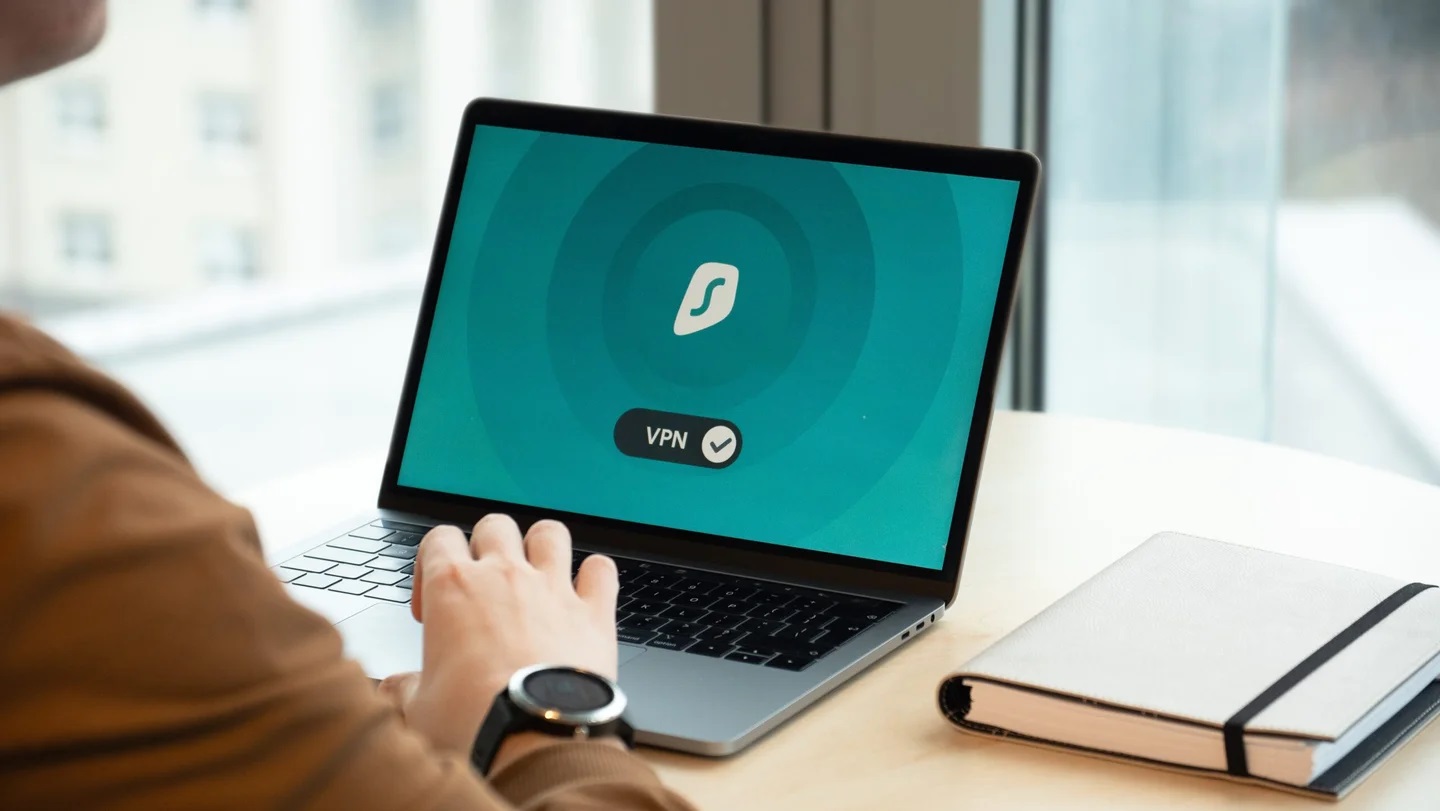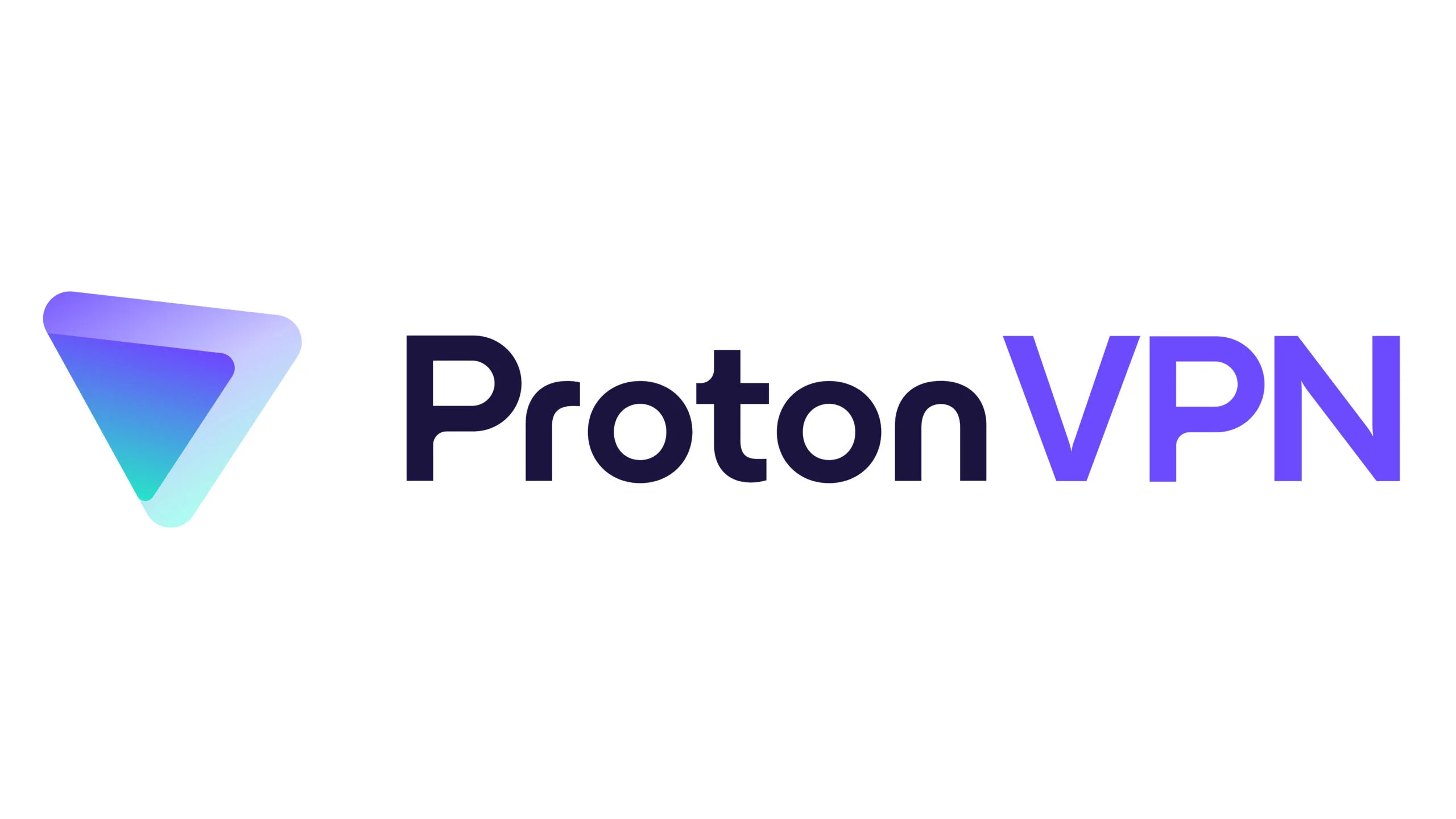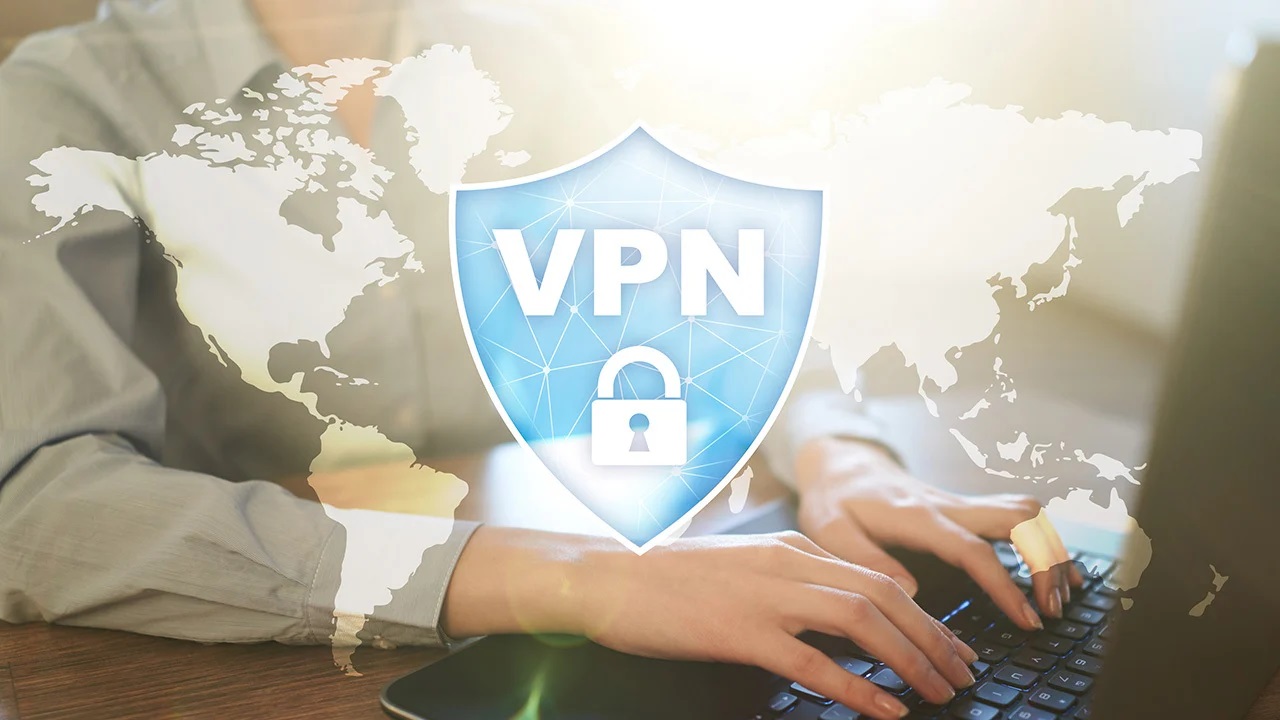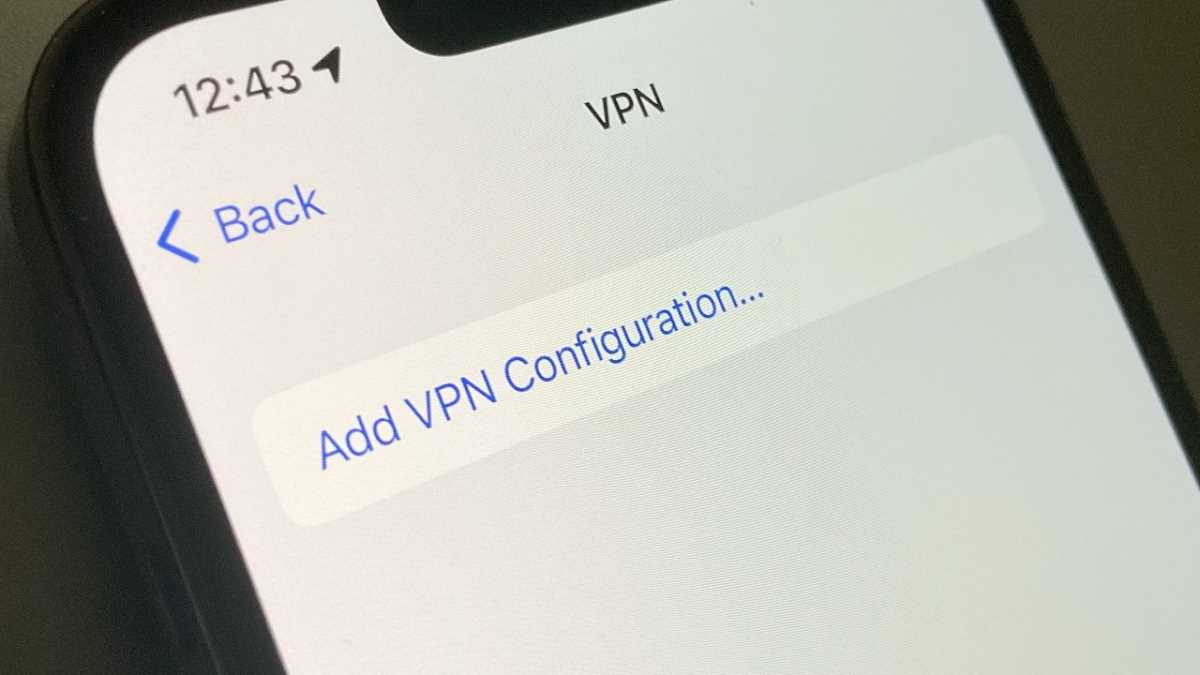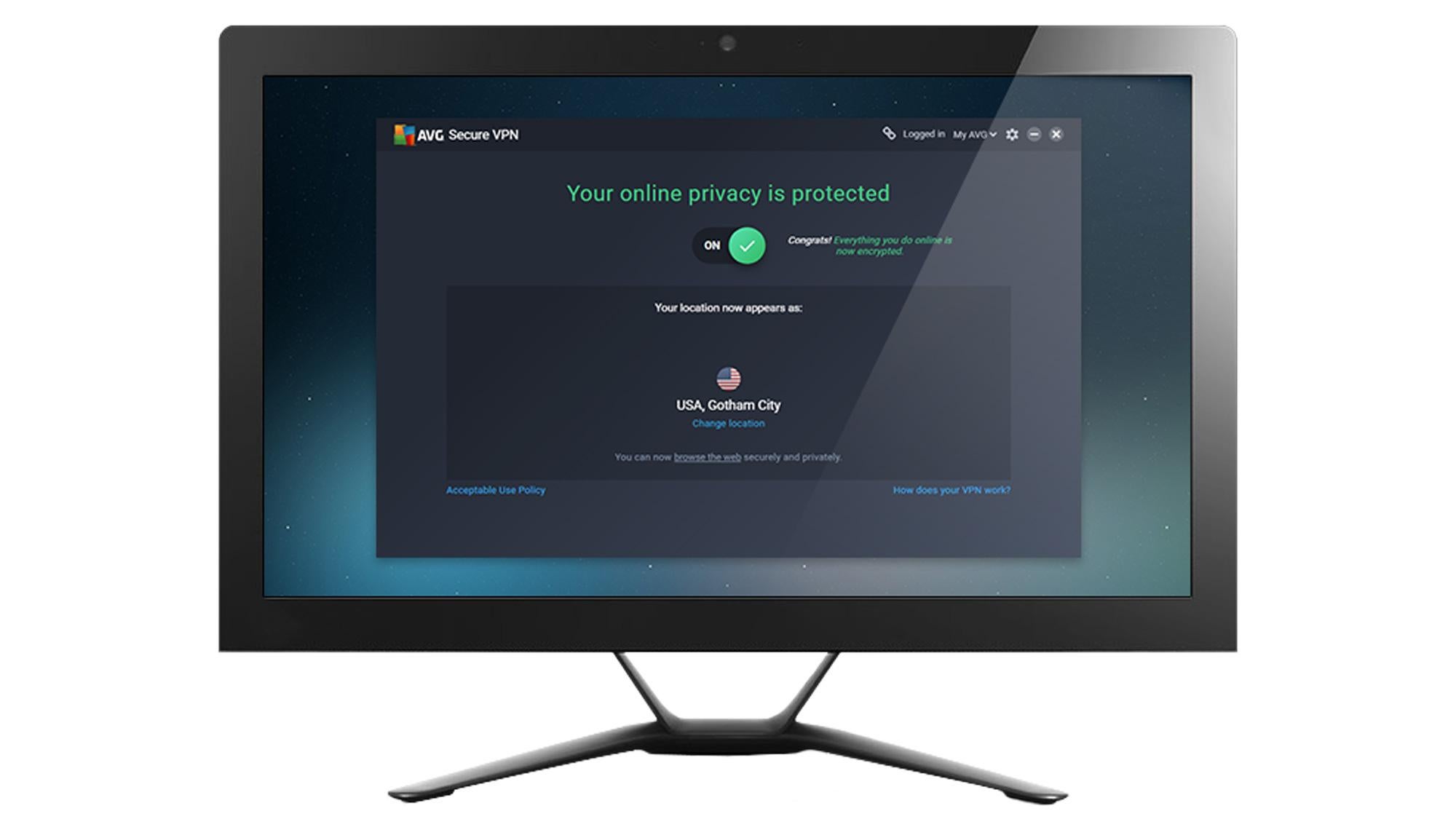Home>Software and Apps>What Are VPN Protocols
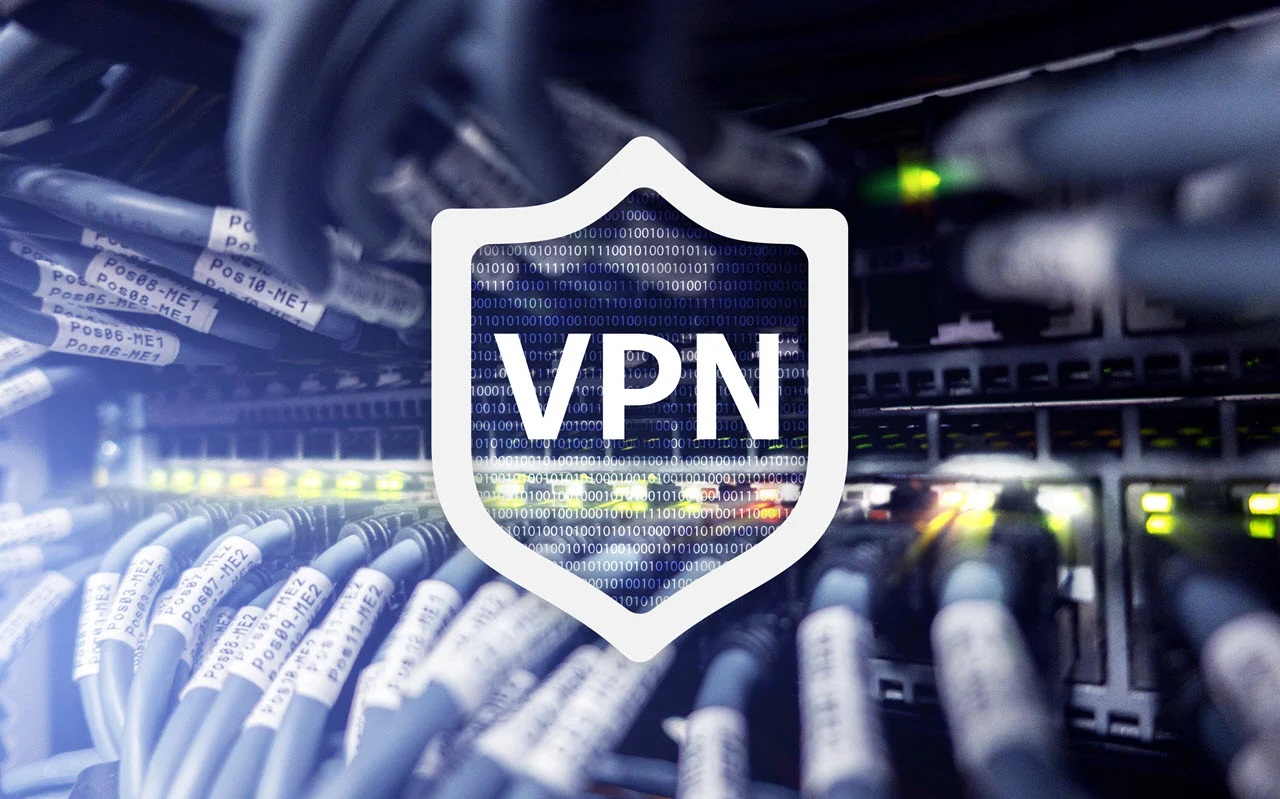

Software and Apps
What Are VPN Protocols
Modified: September 5, 2024
Learn about different VPN protocols used by software and apps. Understand how VPN protocols work and which one is best for your needs. Discover the most secure VPN protocols for your online privacy.
(Many of the links in this article redirect to a specific reviewed product. Your purchase of these products through affiliate links helps to generate commission for Techsplurge.com, at no extra cost. Learn more)
Table of Contents
Understanding VPN Protocols
In today's digital age, Virtual Private Networks (VPNs) have become essential tools for ensuring online security and privacy. One key aspect of VPNs is the variety of protocols they offer. Each protocol has its own strengths and weaknesses. Understanding these differences is crucial for choosing the right VPN for your needs.
Read more: Which VPN Protocol Encapsulates PPP Traffic Using The Secure Sockets Layer (SSL) Protocol?
What Are VPN Protocols?
VPN protocols are the underlying technologies that enable secure and private internet communication over a public network. They act as a tunnel between your device and the VPN server, encrypting your data to protect it from interception by third parties. The primary function of a VPN protocol is to ensure that your internet traffic is secure and private. However, they also vary in performance, compatibility, and security features.
Types of VPN Protocols
Several types of VPN protocols exist, each with its own set of characteristics. Here are some of the most commonly used ones:
OpenVPN
OpenVPN is one of the most popular and widely used VPN protocols. It is an open-source protocol that uses SSL/TLS for encryption and is highly customizable.
-
Advantages:
- Highly secure due to its use of SSL/TLS encryption
- Customizable, allowing users to tweak settings for optimal performance
- Supports multiple encryption methods
- Cross-platform compatibility
-
Disadvantages:
- Can be slower than other protocols due to its overhead
- Requires manual configuration on some devices
L2TP/IPSec
L2TP/IPSec combines the Layer 2 Tunneling Protocol (L2TP) with the Internet Protocol Security (IPSec) protocol. L2TP provides the tunneling mechanism, while IPSec handles the encryption.
-
Advantages:
- Widely supported by most operating systems
- Fast performance due to its optimized encryption
- Easy to set up and use
-
Disadvantages:
- Less secure than OpenVPN or WireGuard due to its reliance on older encryption methods
- Can be vulnerable to certain types of attacks
PPTP
PPTP stands for Point-to-Point Tunneling Protocol. It is an older protocol that was widely used in the past but has largely been phased out due to security concerns.
-
Advantages:
- Easy to set up and use
- Fast performance
-
Disadvantages:
- Highly insecure due to its use of weak encryption methods
- Can be easily intercepted by third parties
WireGuard
WireGuard is a relatively new VPN protocol that has gained significant popularity in recent years. It is designed to be fast, simple, and secure.
-
Advantages:
- Extremely fast performance due to its lightweight design
- Highly secure with modern encryption methods like ChaCha20 and Poly1305
- Easy to set up and use
-
Disadvantages:
- Less widely supported than other protocols like OpenVPN or L2TP/IPSec
- Still evolving with new features and improvements
SSTP
SSTP stands for Secure Socket Tunneling Protocol. It is a proprietary protocol developed by Microsoft for Windows operating systems.
-
Advantages:
- Fast performance
- Easy to set up and use on Windows devices
-
Disadvantages:
- Limited cross-platform compatibility
- Relies on Microsoft's proprietary encryption methods, which may not be as secure as open-source alternatives
How VPN Protocols Work
To understand how VPN protocols work, let's break down the process step-by-step:
-
Connection Establishment:
- Your device initiates a connection request to the VPN server
- The VPN server verifies your credentials and grants access if they are correct
-
Tunnel Creation:
- The VPN protocol creates a secure tunnel between your device and the VPN server
- This tunnel encrypts all your internet traffic, ensuring that it remains private and secure
-
Encryption:
- The VPN protocol uses encryption algorithms to secure your data
- Common encryption methods include AES-256-CBC, AES-256-GCM, and ChaCha20
-
Data Transmission:
- Your encrypted data is transmitted through the tunnel to the VPN server
- The VPN server then forwards your data to its final destination on the internet
-
Decryption:
- When your data reaches its final destination, it is decrypted by the recipient's device or server
Why Choose the Right VPN Protocol?
Choosing the right VPN protocol is crucial for ensuring optimal performance and security. Here are some reasons why you should understand and choose the right protocol:
-
Security:
- Different protocols offer varying levels of security. For example, OpenVPN is highly secure due to its use of SSL/TLS encryption, while PPTP is highly insecure due to its weak encryption methods.
-
Performance:
- Some protocols like WireGuard are designed for speed and performance, making them ideal for users who need fast internet speeds. Others like L2TP/IPSec may be slower but offer better security.
-
Compatibility:
- Different protocols have varying levels of cross-platform compatibility. For example, OpenVPN is widely supported across multiple operating systems, while SSTP is limited to Windows devices.
-
Ease of Use:
- Some protocols like PPTP are easy to set up but offer poor security. Others like WireGuard are easy to use but may require some technical knowledge.
Read more: What Is A VPN On A Phone
How to Choose the Right VPN Protocol
Choosing the right VPN protocol depends on your specific needs and requirements. Here are some steps to help you choose:
-
Assess Your Needs:
- Determine what you need from a VPN. If you prioritize speed, WireGuard might be the best choice. If security is your top concern, OpenVPN could be the way to go.
-
Check Compatibility:
- Ensure that the protocol you choose is compatible with your devices. If you use multiple operating systems, OpenVPN might be a better option.
-
Evaluate Security:
- Assess the level of security offered by each protocol. Avoid protocols like PPTP due to its weak encryption methods.
-
Consider Performance:
- If you need fast internet speeds, consider protocols like WireGuard or L2TP/IPSec.
-
Read Reviews and Documentation:
- Read reviews and documentation from reputable sources to understand the strengths and weaknesses of each protocol.
Understanding VPN protocols is crucial for ensuring that you get the best out of your VPN service. Each protocol has its own set of advantages and disadvantages. Choosing the right one depends on your specific needs and requirements. Whether you prioritize speed, security, or ease of use, there is a VPN protocol out there that can meet your needs. By understanding these differences, you can make an informed decision about which protocol is best for you.






